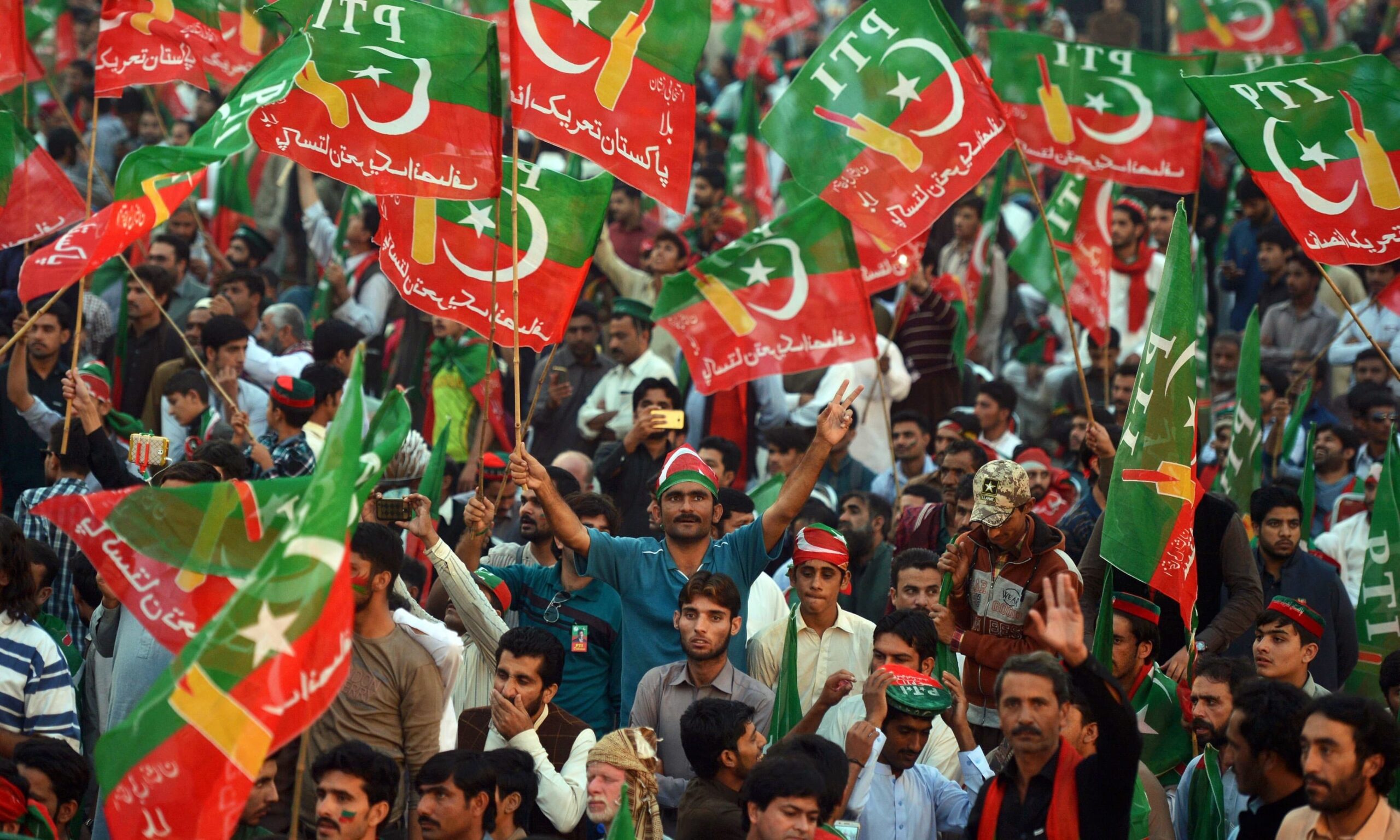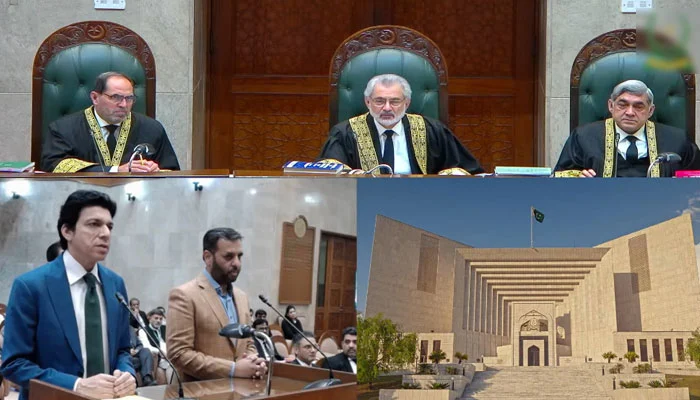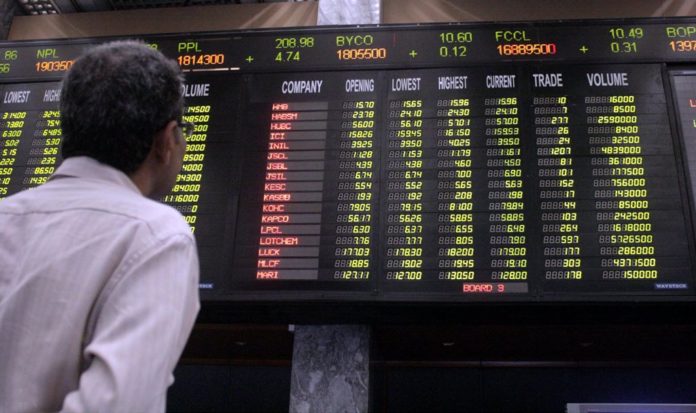PTBP Web Desk
Pakistan Tehreek-e-Insaf (PTI) has filed a petition in the Lahore High Court (LHC) to seek protection against the arrests of its workers and leaders ahead of the scheduled rally at Minar-e-Pakistan on September 21.
The petition was filed by party members Sheikh Imtiaz and Yasir Gillani, who highlighted the recent wave of arrests in Punjab. They argue that these arrests are in violation of the party’s constitutional right to organize and participate in a peaceful rally.
The plea submitted to the Lahore High Court detailed how law enforcement agencies have been actively detaining PTI workers and leaders, impeding their right to assemble peacefully. PTI’s legal team argued that these actions not only infringe upon the party members’ basic rights but also create an atmosphere of intimidation. The petitioners requested the court to take immediate action, urging authorities to halt the arrests and allow the rally to take place without interference. This move underscores PTI’s commitment to exercising its democratic right to assemble and express political views.
PTI has planned the rally in Lahore on September 21 as a show of strength and to mobilize support in Punjab. Minar-e-Pakistan, being a historically significant venue for political gatherings, has been chosen to emphasize the party’s stance on key national issues. PTI aims to use this rally as a platform to discuss its political agenda, advocate for policy changes, and address the public directly.
This recent development comes after several PTI Members of the National Assembly (MNAs) were arrested following the Sangjani rally in Islamabad. Among those detained was PTI chairman Barrister Gohar, who, along with Sher Afzal Marwat, was arrested outside the Parliament House. Other prominent figures, including Zain Qureshi and Sheikh Waqas Akram, were taken into custody within the premises of the Parliament House.
The arrests did not end there. Authorities also detained Owais Ahmed Chatha, Syed Shah Ahmed, Sunni Ittehad Council’s Sahibzada Hamid Raza, Yousaf Khan, Maulana Naseem Shah, and Ahmed Shah Khattak. These detentions raised significant concerns about the government’s handling of political dissent and the enforcement of public order.
The Speaker of the National Assembly, Ayaz Sadiq, permitted the arrest of PTI MNAs outside the Parliament House. This decision was made after the police presented a First Information Report (FIR) against the PTI lawmakers, citing violations of Standard Operating Procedures (SOPs) during the September 8 public rally. This FIR included accusations of disregarding public order and assembly regulations, providing a legal basis for the arrests.
In addition to the arrests in Islamabad, three separate cases have been registered under the Peaceful Assembly and Public Order Bill. The FIRs cite violations of the event’s No Objection Certificate (NOC), claiming that PTI leaders breached the conditions outlined for the assembly. The FIR names 28 individuals, including prominent PTI figures such as Barrister Gohar Ali, Sher Afzal Marwat, Shoaib Shaheen, Omar Gul, Zartaj Gul, Aamir Mughal, Seemabia Tahir, and Raja Basharat. The inclusion of high-profile party members in these legal actions indicates a comprehensive strategy to restrict PTI’s public gatherings.
PTI asserts that the current government is using law enforcement agencies to suppress political opposition, violating the constitutional rights of citizens to assemble and express their views. The party emphasizes that peaceful rallies and protests are fundamental democratic rights that must be protected, irrespective of political affiliations. By moving to the Lahore High Court, PTI aims to secure judicial intervention to prevent further arrests and ensure that the Minar-e-Pakistan rally can proceed without unwarranted government interference.
This ongoing conflict between PTI and the current government has further polarized the political landscape in Pakistan. The arrests of PTI leaders and workers have drawn criticism from various quarters, raising questions about the government’s approach to handling political dissent. The outcome of PTI’s plea to the Lahore High Court could set a significant precedent for how political gatherings are managed and how the right to peaceful assembly is protected in Pakistan.




